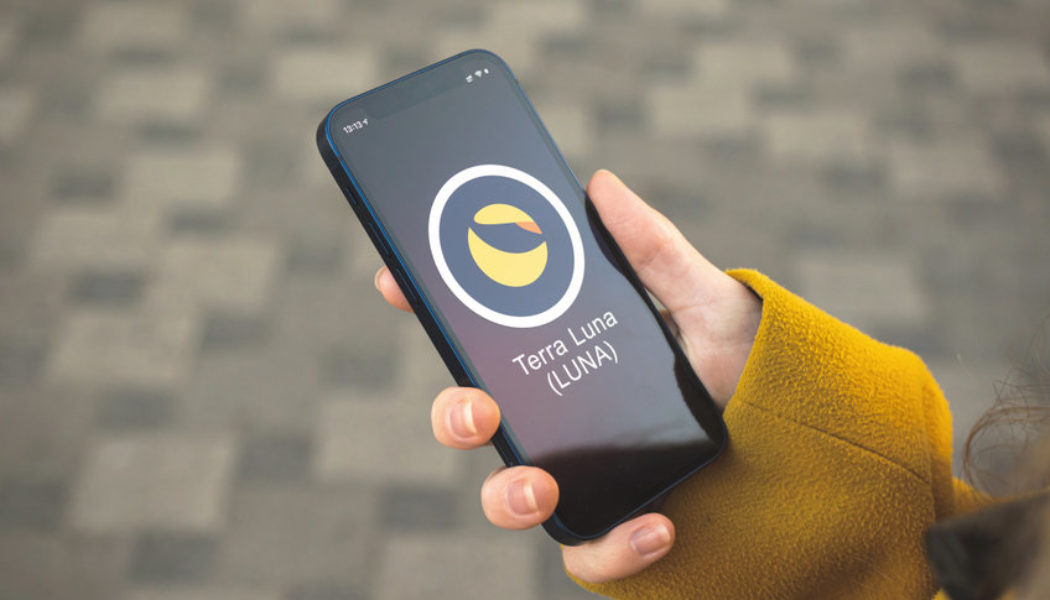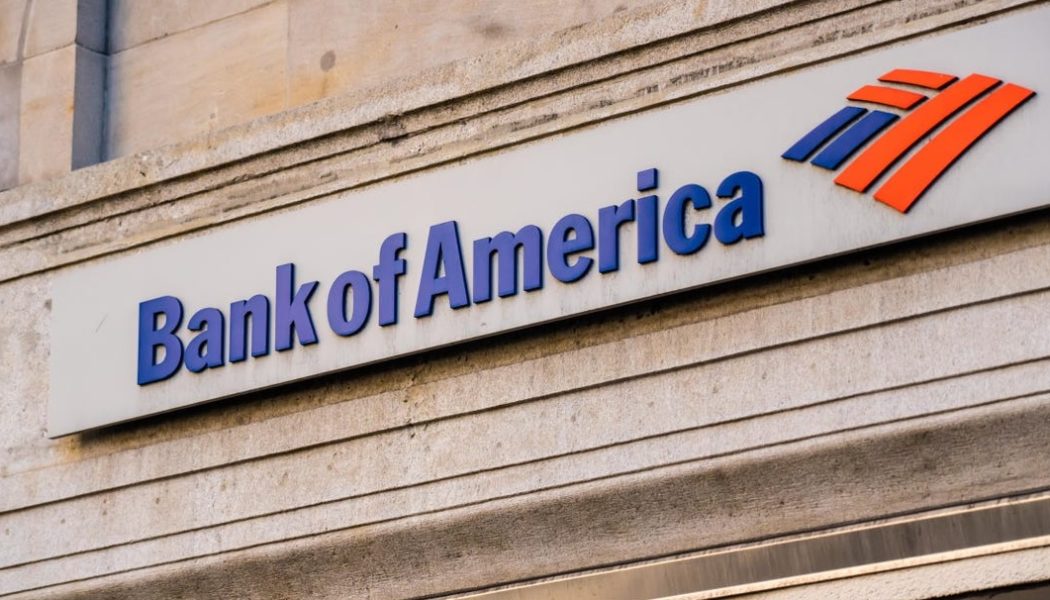South Korea
Seoul authorities launch an official investigation on the TerraUSD crash
Terraform Labs employees have been summoned by South Korean prosecutors in a bid to establish the exact cause of the collapse of Terra assets The investigators have also tightened up scrutiny on exchanges to make sure investors are protected from the same fate that befell Terra and its native tokens South Korean authorities have reportedly launched a full-scale investigation to find the exact reason for the collapse of algorithmic stable coin UST and its sister token LUNA. The investigation is being conducted by the joint financial and securities crime investigation team from the Seoul Southern District Prosecutors Office. Investigators probing to determine if there was price manipulation The investigation team seeks to find from the Terra lab employees if the project’s founder, Do Kwon, i...
Law Decoded: The long waves in the aftermath of UST’s crash, May 16-23
It’s been two weeks since the shock of the TerraUSD (UST) depegging, but the long waves of this event are still coming in. The Congressional Research Service described the UST crash as a “run-like” scenario and claimed that the crypto industry has not reached the same level of “adequate regulating” as the traditional finance market. Michael Barr, former advisory board member of Ripple Labs and United States President Joe Biden’s pick for a vice chair for supervision at the Federal Reserve, definitely agrees with that. During the confirmation hearing, he mentioned “some significant risks” that innovative technologies and cryptocurrencies, in particular, bring along. It’s not only in the U.S. where the regulators got concerned about stablecoins. The executive director of markets ...
South Korean police request exchanges freeze LFG related funds
Crypto exchanges in South Korea have been issued notices from police requesting the sequestering of funds related to the Luna Foundation Guard. On May 23rd, 2022, Korean authorities sent a request to the top crypto exchanges in the country to prevent funds from being withdrawn. Specifically, the Seoul Metropolitan Police Agency asked to prohibit the Luna Foundation Guard from taking any action. The police claim that clues have been found that may link the organization to embezzlement. The Luna/Terra algorithmic stablecoin crash, which reduced the value of the coin by over 99%, crushed investor portfolios overnight earlier this month. However, this request is not a demand and is not enforceable by law. Each exchange can choose how they would like to respond, but it is not yet known ho...
LG Electronics adds blockchain and crypto as new areas of business
South Korean tech giant LG Electronics has officially added blockchain and cryptocurrency as new business areas in its corporate charter. According to a local South Korean news report, LG added two distinct crypto-related objectives during its annual general meeting on Thursday, March 24. The objectives include “the development and selling of blockchain-based software” and “the sale and brokerage of cryptocurrency,” which led to conjecture whether LG would establish some form of crypto exchange. When asked about the company’s intention to start its own exchange or platform, an LG spokesperson tempered any speculation, stating, “Nothing has been decided yet. We just mentioned business areas in a broad manner.” Rumors concerning LG creating a crypto-related marketplace emer...
Crypto-friendly Yoon Suk-yeol emerges victorious in South Korean presidential election
Policy changes in the digital assets industry formed a key campaign issue Suk-yeol promised reduced taxes and incentives to realise the potential of digital assets in the economy Yoon Suk-yeol, a conservative candidate in South Korea, has clinched the presidency with a narrow margin over his closest competitor, Lee Jae-myung. Suk-yeol, a former prosecutor who has in the past imprisoned South Korean leaders on corruption charges, campaigned on the platform of deregulating crypto. Crypto took centre-stage as a campaign issue, with the leading candidates defining crypto-friendly stances to win over the young voters. The debate came on the back of harsh regulations on the crypto markets. Korea’s financial watchdog, the Financial Services Commission (FSC), has imposed tight regulatory req...
Crypto-friendly Yoon Suk-yeol wins Sth Korean presidency, ICX surges 60%
Conservative South Korean presidential candidate Yoon Suk-yeol has officially been elected as South Korea’s next president. The election was one of the closest in South Korean history, according to BBC coverage, which saw Yoon, representing the conservative People Power Party, claim victory over his more politically progressive opponent, Lee Jae-myung, by a margin of less than 1%. Cryptocurrency played a leading role in South Korea’s election debate, with both candidates releasing campaign-related NFTs. Their crypto-sympathetic stances are in opposition to former-President Moon Jae-In’s crackdown on crypto exchanges last year, and helped curry favor with the younger, more crypto enthusiastic demographic. Speaking at a virtual asset forum in January, Yoon promised to deregulate South Korea’...
Crypto Biz: Another billionaire admits he was wrong about Bitcoin, Feb. 25–Mar. 3
After spending years ridiculing Bitcoin and cryptocurrency, Wall Street’s billionaire class is finally warming up to the idea of virtual assets powering the digital economy. This week, Citadel founder and billionaire Ken Griffin formally backtracked on his anti-crypto stance as he announced that his firm would begin offering digital assets to its clients. Of course, Griffin isn’t the only wealthy investor to have a change of heart, so we’re not going to bust his chops too much. So, while crypto analysts continue to debate about whether we are in a bull or bear market, institutions, venture capitalists and ordinary people continue to adopt digital assets. As we see in Eastern Europe, trustless money like Bitcoin offers a unique value proposition in times of geopolitical uncertainty and conf...
South Korea readies itself for a blockchain future by launching a $186M metaverse project
The government wants to boost the growth of its metaverse ecosystem, with ambitions that it could host businesses in the future Last month, South Korea launched a five-year strategic plan to become the global metaverse leader The government of South Korea is taking significant strides towards evolving into a metaverse future. Yesterday, the nation’s Ministry of ICT, Science, and Future Planning guaranteed a KRW 223.7 billion ($186 million) investment into advancing the country’s metaverse ecosystem. According to an official statement sent out by the ministry, the endgame for this investment is to achieve an all-inclusive metaverse ecosystem, dubbed the ‘Expanded Virtual World.’ It would enable the virtual expansion of cities, education initiatives, and the media. The ministry will channel ...
The virus killer: How blockchain contributes to the fight against COVID-19
On Jan. 30, the South China Morning Post reported that one of the largest Asian pharmaceutical companies, Zuellig, had launched a blockchain-based system to track the quality of COVID-19 vaccines. Called “eZTracker,” it allows any user to “instantly verify the provenance and authenticity” of vaccines by scanning the QR code on the package. Somewhat surprisingly, throughout the pandemic, there have not been many reports of blockchain-based products adopted by big pharma or global healthcare organizations to bolster the anti-COVID effort. Here is a rundown of the major cases of such adoption, along with possible reasons for the limited interest in blockchain among healthcare officials. South Korea: Blockchain vaccine passports In April 2021, the South Korean government became the first...
Bank of America strategists report that the US will eventually adopt a CBDC
The Fed Chair has previously emphasised that it is not important to be the first to develop a sovereign digital currency The US will deploy a central bank-backed digital currency by 2030, in the opinion of the Bank of America. The bank views the issuance of a central bank digital currency in the US as ‘inevitable’ even as financial authorities and lawmakers continue debating about its feasibility. Bloomberg reported yesterday that the investment and financial services banking firm believes the CBDC will be different from existing digital currencies. It will be primarily under the Federal Reserve and won’t be managed by other commercial banking institutions. Many countries worldwide are currently entertaining the idea of central bank...
Bithumb users have less than 48 hours to whitelist private wallet
The South Korean digital assets trading platform will block withdrawals to wallets that are not verified starting Thursday In an announcement shared yesterday, Bithumb exchange detailed that it is taking more steps towards managing crypto withdrawal services to third-party and private wallets. The exchange noted that starting January 27th, unverified private wallet owners will no longer be able to authorise crypto withdrawals to their wallets successfully. The affected wallets include MetaMask and MyEtherWallet. Bithumb follows Coinone, more set to conform Bithumb is one of the most popular crypto exchanges in the region and one of four approved to offer crypto trading services. The affected users are required to validate their wallets with their Bithumb accounts, so they are ‘allowl...





















